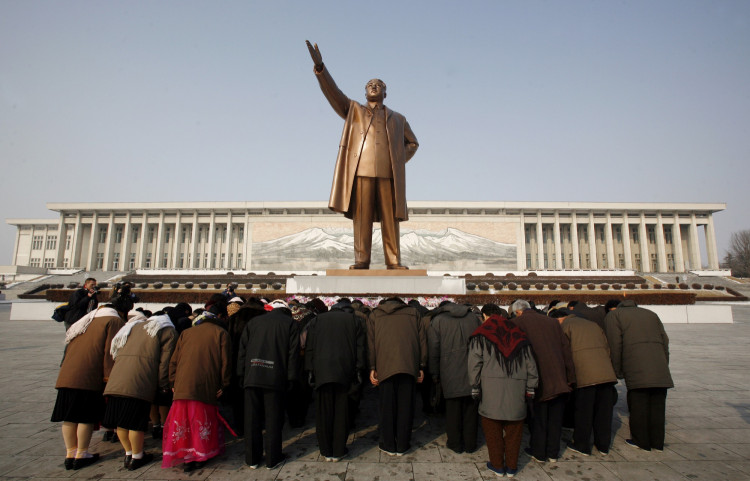According to state media, North Korea has detected its first-ever case of COVID-19, describing the situation as a serious national disaster.
Although it is unclear how many cases have been discovered, the state-run media outlet KCNA said on Thursday that infections of the Omicron strain had been discovered in Pyongyang.
According to KCNA, samples taken from a group of persons who had fevers on May 8 proved positive for the extremely infectious Omicron variant.
A COVID-19 breakout might be disastrous for North Korea. The country's aging healthcare system is unlikely to be capable of treating a huge number of patients with a highly contagious infection.
Although few believe that a nation with a population of over 25 million citizens has been spared by a virus that has affected millions globally, North Korea has not previously confirmed any coronavirus cases.
As per the KCNA, North Korean leader Kim Jong Un imposed lockdown procedures in all cities on Thursday, as well as the delivery of medical supplies that the party had apparently prepared in case of a COVID-19 emergency.
Kim also presided over a meeting of the nation's elite Politburo, which resolved to take "maximum" anti-epidemic measures, but it's unclear what these entail.
The politburo, according to KCNA, chastised the country's anti-epidemic for carelessness, negligence, irresponsibility, and ineptitude, stating it failed to respond appropriately to progressing COVID-19 infections worldwide, especially in neighboring countries.
To date, several rigorous public health measures have allowed North Korea to avoid a major breakout of COVID-19 infections.
North Korea's borders have been closed since January 2020 to keep the virus at bay, despite the negative consequences for commerce with Beijing, which is vital to the poor country's survival.
North Korea, which is secluded and impoverished, is not known to have acquired any coronavirus vaccinations, despite being eligible for Covax, the global COVID-19 vaccine exchange program.
Reports said Covax reduced the number of doses allotted to North Korea in February after the country was unable to coordinate any shipments.
In February, UN Special Rapporteur on North Korean Human Rights Tomás Ojea Quintana urged the international community to assist North Korea with "60 million doses of vaccines, adequate to support at least two shots of the whole population."
Experts warn that a major COVID-19 epidemic in North Korea would be disastrous due to the country's weak health-care system, and may even produce instability if coupled with other issues like severe food insecurity.




